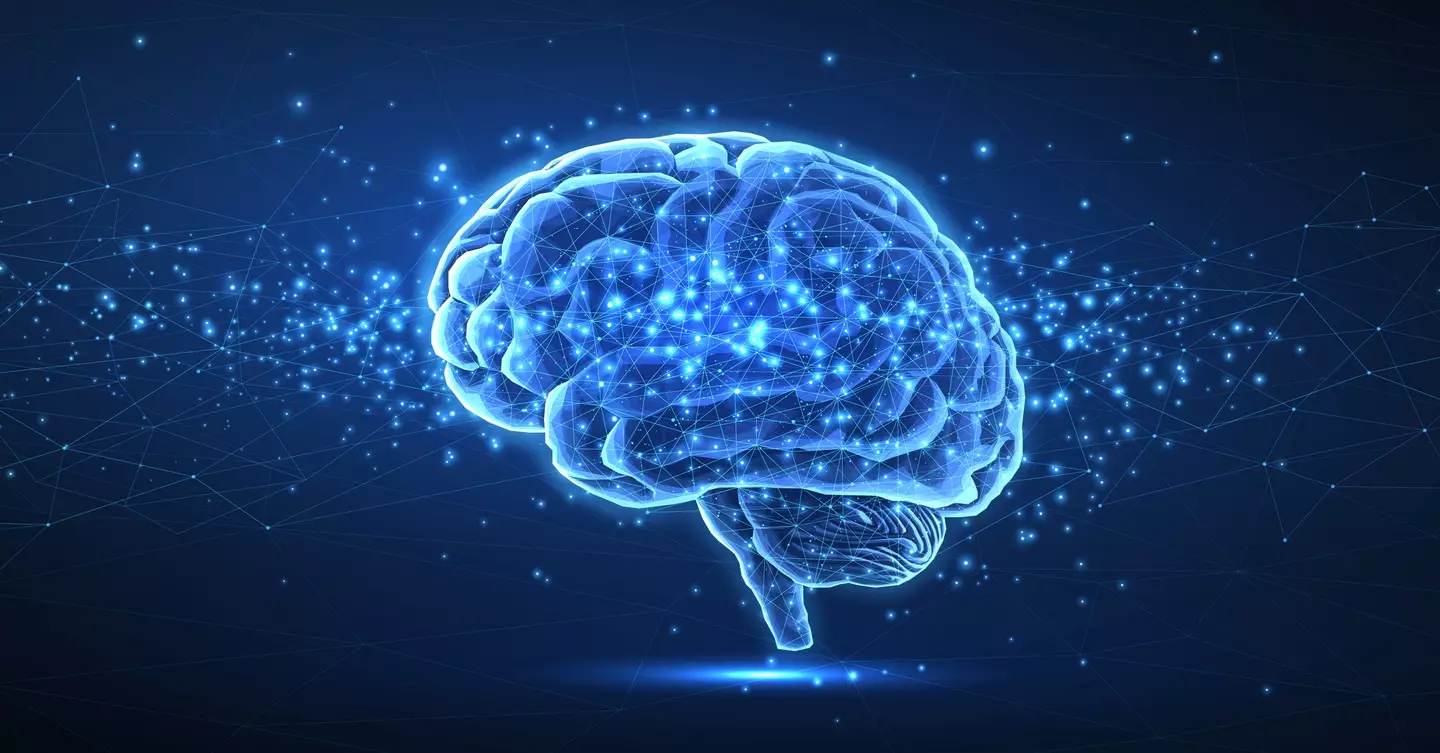
Have you ever wondered exactly what happens to your brain while doing the deed?
Perhaps you're looking to spice things up in the bedroom with the latest sex trends, or maybe you're already very aware of your turn-ons and turn-offs.
Either way, what goes on in our heads while we're... giving some is actually pretty fascinating. As a new study finds that 85 per cent of women who have sex at least once per week describe themselves as 'sexually satisfied,' previous research has also suggested we're at lower risk of depression when regularly getting down and dirty between the sheets.
Getting steamy up to twice a week is the apparent 'sweet spot,' with the feel-good benefits seeming to plateau if you go at it any more frequently than that.
Advert
But hey, who's stopping you? Anyway, let's take a look at what exactly happens to our brains when we're getting our rocks off, in the name of science, of course.
The brain wakes up before the body

Before any physical touch even happens, our brains are already fired up. That's down to the genital sensory cortex, which sending signals to and from your genitals, Very Well Mind reports.
According to Penfield’s homunculus theory, different parts of the body are mapped to corresponding areas in the brain - like a tiny 'person' in your mind.
In women, the clitoris, vagina, and cervix each activate different brain regions. The perineal - or groin - area also lights up during stimulation, a relatively recent discovery, according to Very Well Mind.
Because each area can trigger orgasm on its own, stimulating multiple at once can lead to more intense pleasure.
In men, orgasm usually stems from the penis, activating fewer brain areas.
The brain during arousal
As arousal builds, the front medial lobe - which initiates sexual behavior - activates. This area often underperforms in people with depression, helping explain why libido can drop, the website states.
The hippocampus also lights up, connecting touch and scent with memories and emotions, which can fuel arousal.
Meanwhile, the amygdala, which manages fear and sexual drive, gets involved.
It assigns emotional significance to sexual stimuli and passes them to the prefrontal cortex, which helps regulate sexual desire.
The brain on the brink of orgasm

Approaching orgasm, the cerebellum coordinates muscle tension in the thighs, core, and our butts, increasing blood flow and nerve activity, which helps pleasure and arousal.
The frontal cortex, responsible for imagination and planning, may spark sexual fantasies. At the same time, the anterior cingulate cortex kicks in to reduce pain sensitivity and amplify pleasure.
The brain during orgasm
During orgasm, the orbitofrontal cortex, which handles decision-making, shuts off - explaining the sense of losing control or uninhibited reactions.
Several neurochemicals are released, including oxytocin, which promotes bonding and triggers contractions in women.
Dopamine, which activates the brain’s reward system, reinforcing desire, also releases, as too does vasopressin, which is responsible for increasing motivation, particularly in men, and may influence feelings of attachment - or, on the flip side, aggression - afterward.
The brain post orgasm

After orgasm, the parasympathetic nervous system kicks in, calming the body. Serotonin is released, triggering relaxation and sleepiness.
Oxytocin is released again - moreso in women - strengthening emotional bonds and possibly easing post-sex pain like headaches or soreness.
However, as Medical News Today reports, sometimes we can experience post-sex blues. A small percentage of us actually experience an 'instant down' rather than a high after doing the deed.
Known as postcoital dysphoria, the condition's causes remain largely unknown, but one 2010 study interviewed 222 female university students to get a feel for its impact.
Some 32.9 percent said that they had experienced negative moods after sex, with researchers theorizing this could be down to past traumatic experiences.
But for the most part, the reasons were unaccounted for.
Topics: Health, Sex and Relationships, Science, Mental Health